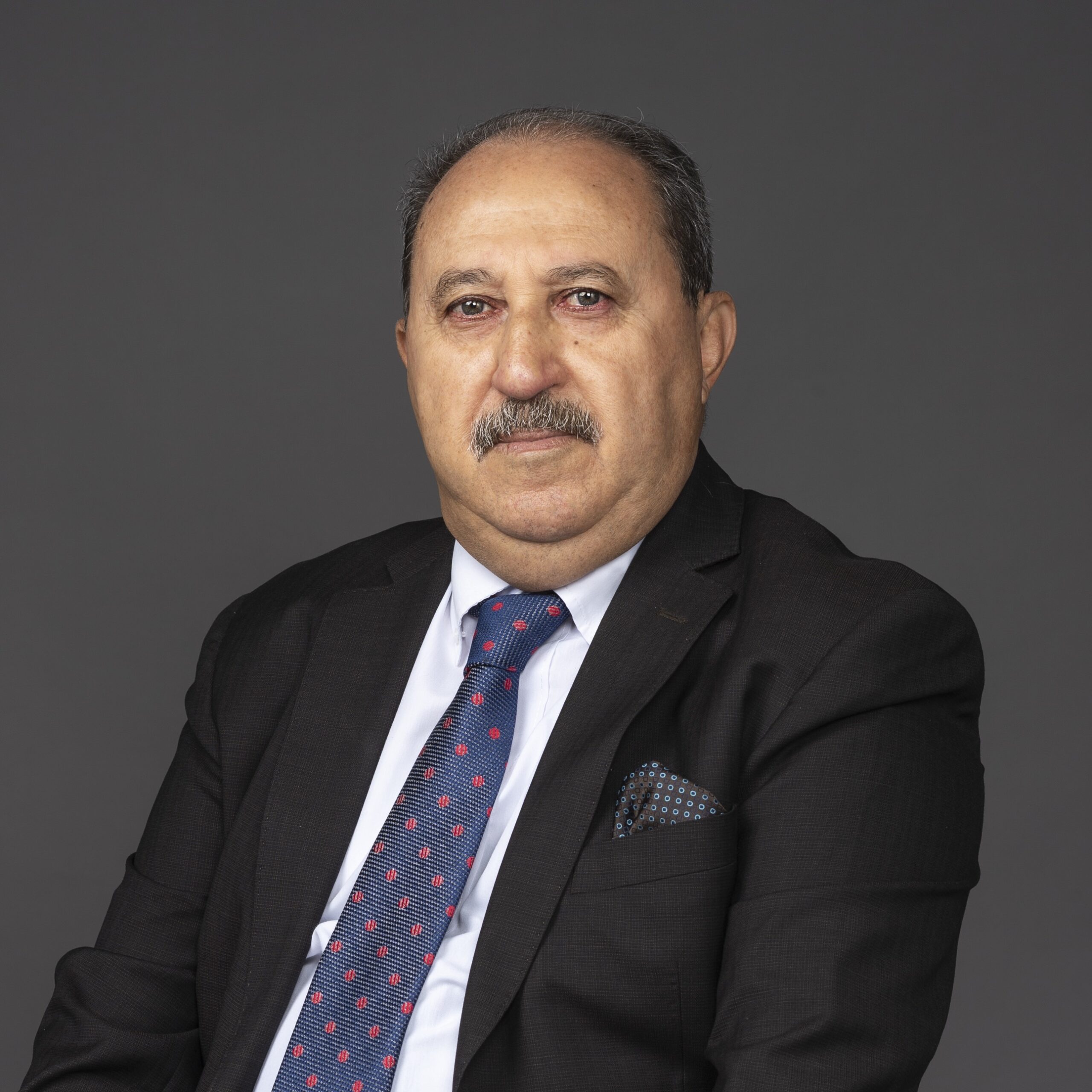Tunisians and observers of their democratic experience are asking where the country is heading. Is there, they wonder, an implementable solution to the crisis involving the three major institutional heads: the head of state, the head of the government, and the parliamentary speaker?
The roles and responsibilities of the positions are detailed in the 2014 Tunisian Constitution. Questions need to be asked about them. Other issues are related to the overall political situation in the country and the activities of actors linked to parties and unions.
The crisis is deep in Tunisia and appears to be impossible to resolve in the near future due to elements that complicate the situation and widen the gap between those directly involved. The head of state, for example, is supported by electoral legitimacy but has no partisan support to fall back on to test his vision for leading Tunisia, rationalise his policies and even withdraw some if need be and if advised to do so by his partisan base (which he doesn’t have). The head of state entered politics from an academic background, specifically the niche of “constitutional law”. This is described in jurisprudence as “the law of the organisation of the state and controlling the exercise of power”.
READ: Tunisia’s president warns against danger of fragmenting state from within
We also have a parliament — the Assembly of the Representatives of the People — with many components, the speaker of which is an Islamic leader from the party which won most seats in the legislative election. He is someone well-versed in politics with decades of experience behind him. He has also experienced forced displacement and exile, but has patience and can afford to wait for the right political opportunity to challenge authority while managing very skilfully to pull some strings from behind.
The prime minister as head of the government is the weakest link. His is a position under pressure from the presidency and parliament alike, and he has to deal with their contrasting considerations.
Tunisian politics has never known the level of tension that is evident today. Given the presence of opposing political trends following the fall of the Ben Ali regime post-revolution and the formation of the first governments, including the “Troika” — which brought together three political forces of different perspectives and dimensions — the search for consensus has been the main feature. The logic of dialogue and the search for common positions dominates the path of democratic transformation in the country.

Tunisia’s presidential elections – [Cartoon/Arabi21]
Other incidents followed that confirmed this new logic in Tunisian politics, as was the case with the resignation of the government of Elyes Fakhfakh, who had been nominated by Saied, after allegations of corruption and conflicts of interest. Even after the appointment of the new prime minister, Hicham Mechichi, and the parliament’s acceptance of his proposed ministers, Saied opposed the nominations for the new government because of their involvement in corruption and refused to let them take the constitutional oath. This made the prime minister himself accept the ministers proposed by the president, even if there was a conflict of interest, as there is in the case of Interior Minister Tawfiq Sharaf, who headed the election campaign for President Saied in Sousse State, and who will be dismissed in a few months, along with the ministers of culture and tourism, all of whom are affiliated with the president.
There is ample proof of the tension between the three authorities, all of whom invoke the 2014 Constitution and the powers granted to each of them under it. This, though, conceals their deep political differences while Tunisia pays the price through the economy, society, and the stability necessary for development.
READ: Ennahda says return to individual rule is unacceptable
The depth of the Tunisian presidential crisis reflects the lack of mutual trust between Saied, Ghannouchi and Mechichi, and the various components supporting them from behind. The constitutional debate regulating this crisis — despite the weakness of its grounds and its incompatibility with the constitutional document in some respects — shows that a new interpretation of the text is intended by Saied to change its spirit and create confusion through meanings that are inconsistent with the intended purposes of its rules and provisions. This can be deduced from the positions of Ghannouchi and Mechichi. Whoever follows Saied’s interpretations can sense his determination to highlight what he imagines his position as president to be, even if it is contrary to the letter and spirit of the Constitution. Those who drafted the Constitution sought to remove the presidential nature of the regime that was seen throughout the rule of Habib Bourguiba and confirmed by his successor Zine El Abidine Ben Ali.
The essence of the new Tunisian Constitution is that it removed this presidential character from the regime and preserved balanced competencies for the institution of the presidency. The heads of the parliament and government make it clear that the president’s role should be limited because the government is legitimised by the legislative election and is blessed with the approval of parliament so that the essence of the political arena is confined to these two institutions.
It is obvious that the logic of conflict does not serve the interests of Tunisia and its people. The latter are eager to reap the benefits of the sacrifices that they made. However, over time, this looks ever more unlikely to happen and could actually be impossible.
This article first appeared in Arabic in Arabi21 on 3 May 2021
The views expressed in this article belong to the author and do not necessarily reflect the editorial policy of Middle East Monitor.

![Tunisians cast their vote at a polling station during the parliamentary elections in Tunis, Tunisia on October 6, 2019 [Yassine Gaidi/Anadolu Agency]](https://i0.wp.com/www.middleeastmonitor.com/wp-content/uploads/2019/10/20191006_2_38591404_48234246.jpg?fit=920%2C613&ssl=1)







